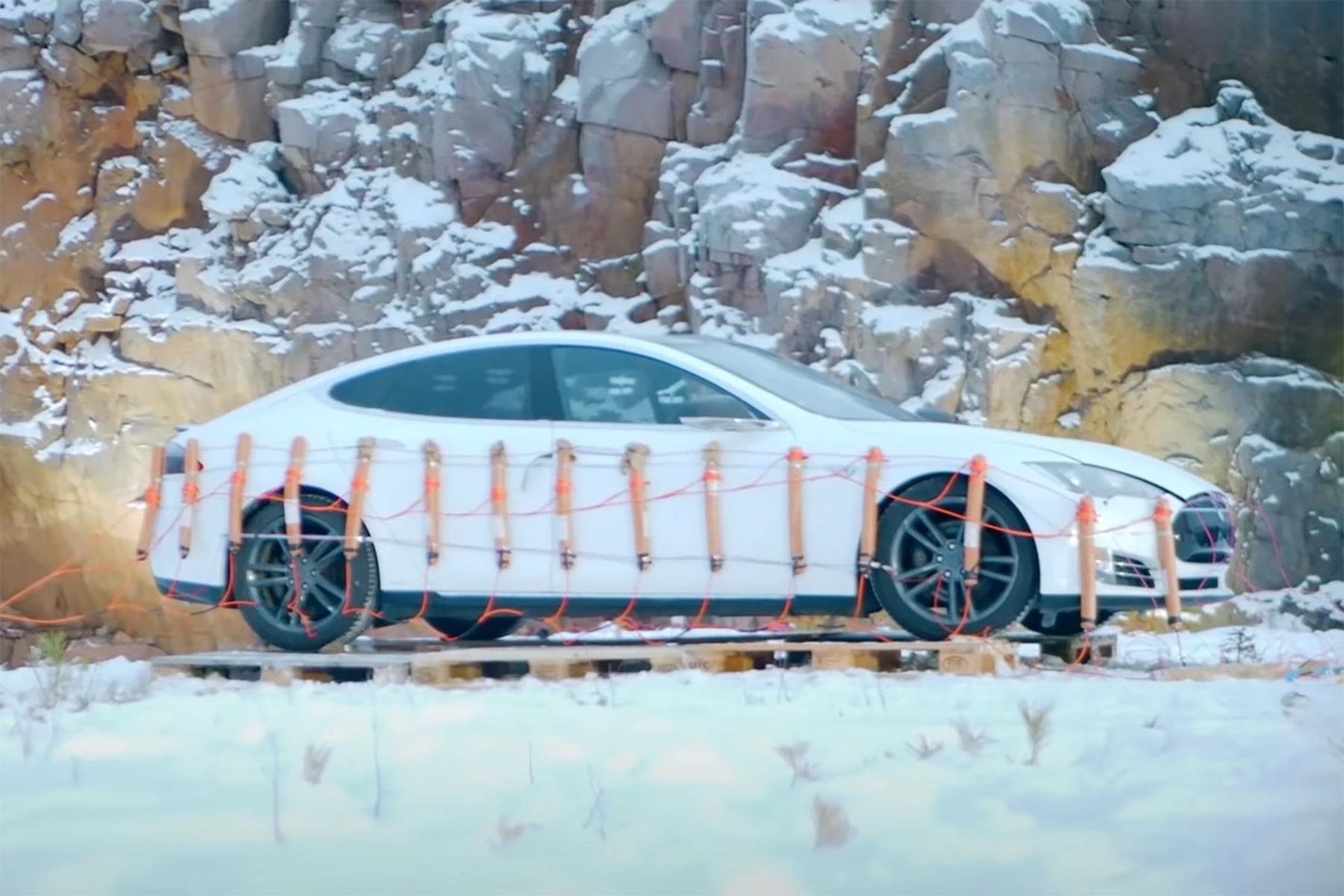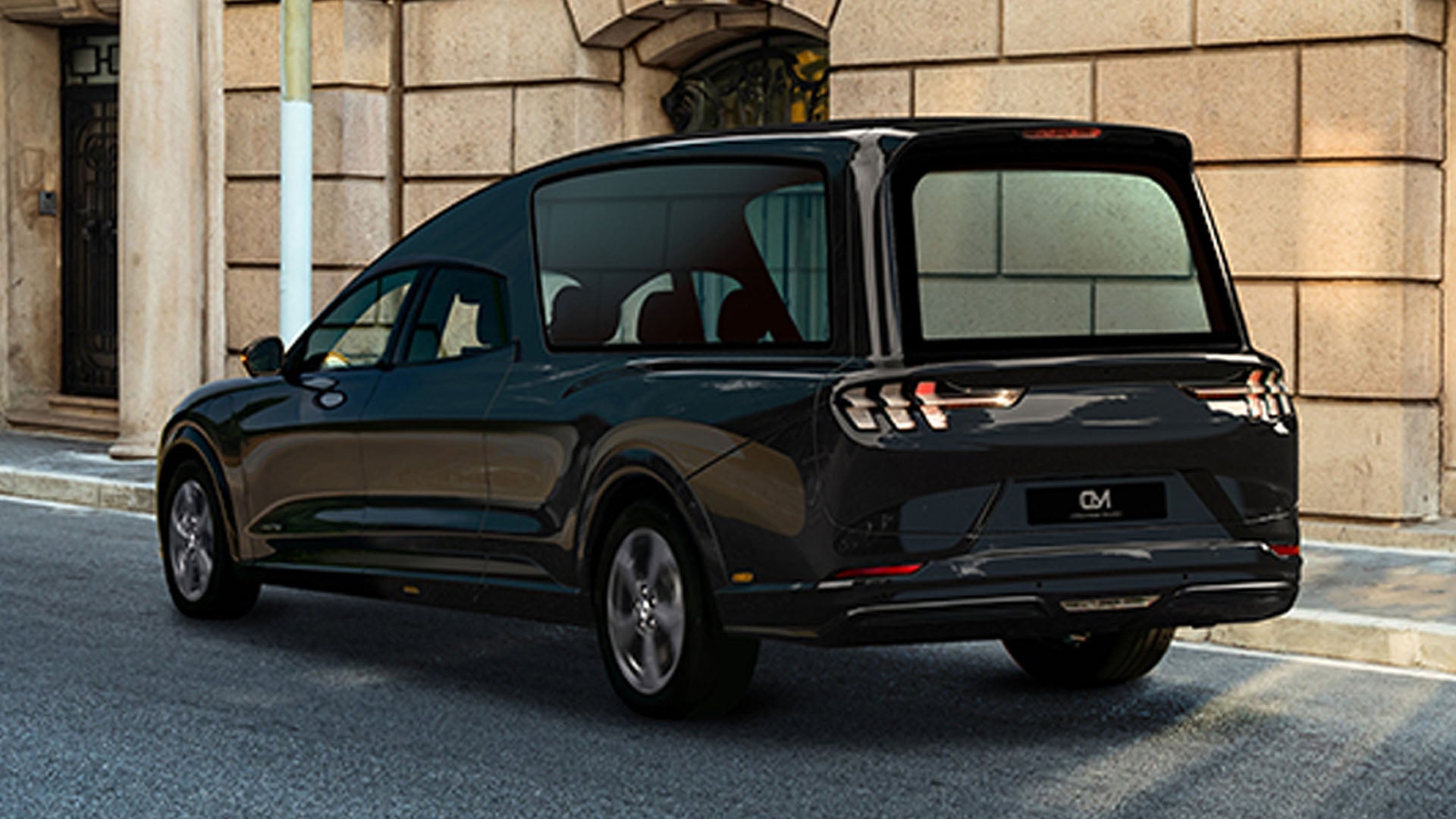"Some people I know who recently purchased Tesla products were bragging what their 5 year operating costs would be, only quoting what their estimated electricity costs would be."
Even if their 5 year operating costs were zero, the upfront cost of purchase is so high, they will never see a savings over an ICE.
!!!!NOTE!!!!!
This thread can turn politcal, Note I will delete political arguments, even though we know most governments are the ones making these decisions, keep that in mind posting on this thread.
Currently a tesla has to go to montreal to be fixed
I wonder if anyone allowed for transport to and from?
Alberta oil reserves are currently at 200 years, with out looking north Atlantic,
artic, and other provinces, other countires have bigger oil reserves
Battery tech is suppose to improve, but Lithium supplies are not as great.
Biggest problem is the supply of electricity and distribution, no-one talks about this
Example, turn the oil off in Nova Scotia ( same rest of Canada) even if we had the supply,
current power lines can't handle that load, so all has to be upgraded, think about that for just a minute.
Also most homes in NS are still 100 amp service 60%. for cars currently you need 200amp
Just to hook up cars, if your getting rid of oil you will need more for heat pump systems as well.
Ahh and the car manufactures are making faster, bigger home chargering systems that can charge a car fully in
3 hours, but homes would need 300 amp service for this to work,
All this said, where is all this power coming from, Solar on large scale is not suited to Canada,
Wind makes most sense but folks are now fighting that because it massively upsets eco systems.
The reality of it is, they can say what ever they want, put in new laws, but there is no way they can meet supply demand in the same
time frame they are trying to force everybody and every company to switch at some point, some of this will put us in a bad spot.
My guess is some future Gov may have to back track on some of this, we will see.



